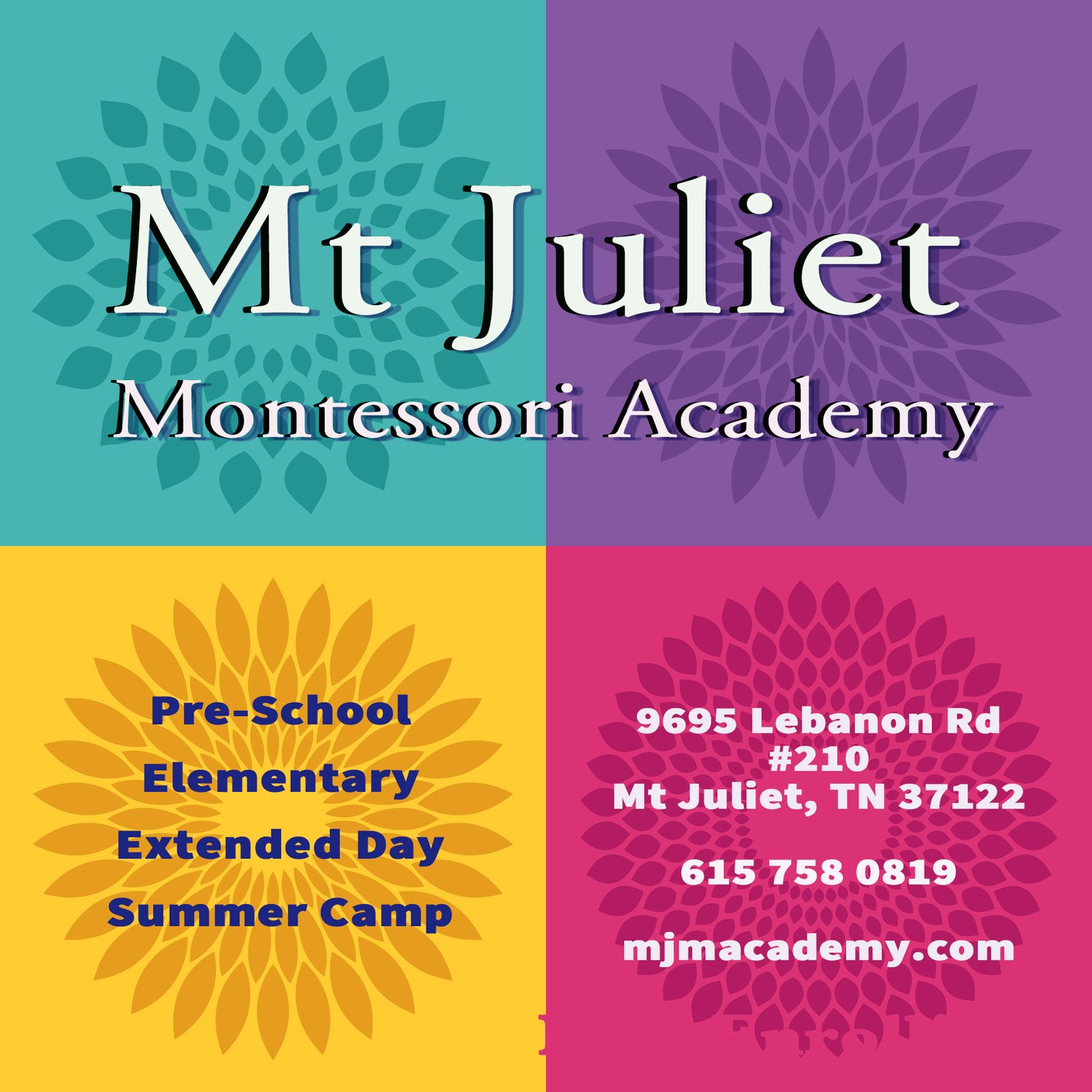What Does Montessori Mean?
At its core, Montessori is more than just an educational method — it is a philosophy that respects the innate potential of every child. When we ask, What does Montessori mean?, we’re asking about a transformative approach to education that fosters independence, curiosity, and lifelong learning. It’s a way of engaging children’s natural desire to learn and empowering them to take control of their educational journey.
Dr. Maria Montessori, who developed the Montessori method over 100 years ago, believed that children are not just small adults, but that they have their own unique ways of learning and developing. The Montessori approach recognizes this and creates an environment that respects the child as an individual, with their own interests, pace, and developmental needs.
Take a moment to think about a child learning to tie their shoes. In a traditional classroom, a teacher might say, "Okay, everyone, it’s time to tie your shoes," and demonstrate how to do it, often moving on to the next task before every child has mastered it. In a Montessori classroom, however, the child has the freedom and time to explore this skill on their own. They are given the tools and materials — such as a shoe with laces — to practice until they’ve achieved mastery. With patience and practice, the child can independently tie their shoes, knowing that they have accomplished something meaningful to them.
This is the essence of Montessori: providing children with opportunities for self-directed learning, where they can actively engage with the world around them, make discoveries, and take pride in their own achievements. Whether it’s exploring the properties of water, understanding mathematical concepts through hands-on materials, or learning to collaborate with others, Montessori offers a rich, engaging environment that nurtures the child’s ability to learn independently.
Ultimately, Montessori means giving children the tools to thrive, not just in school, but in life. It is an education that values the whole child — their intellectual, emotional, and social growth — and encourages them to become confident, compassionate, and curious individuals who are prepared to succeed in an ever-changing world.


